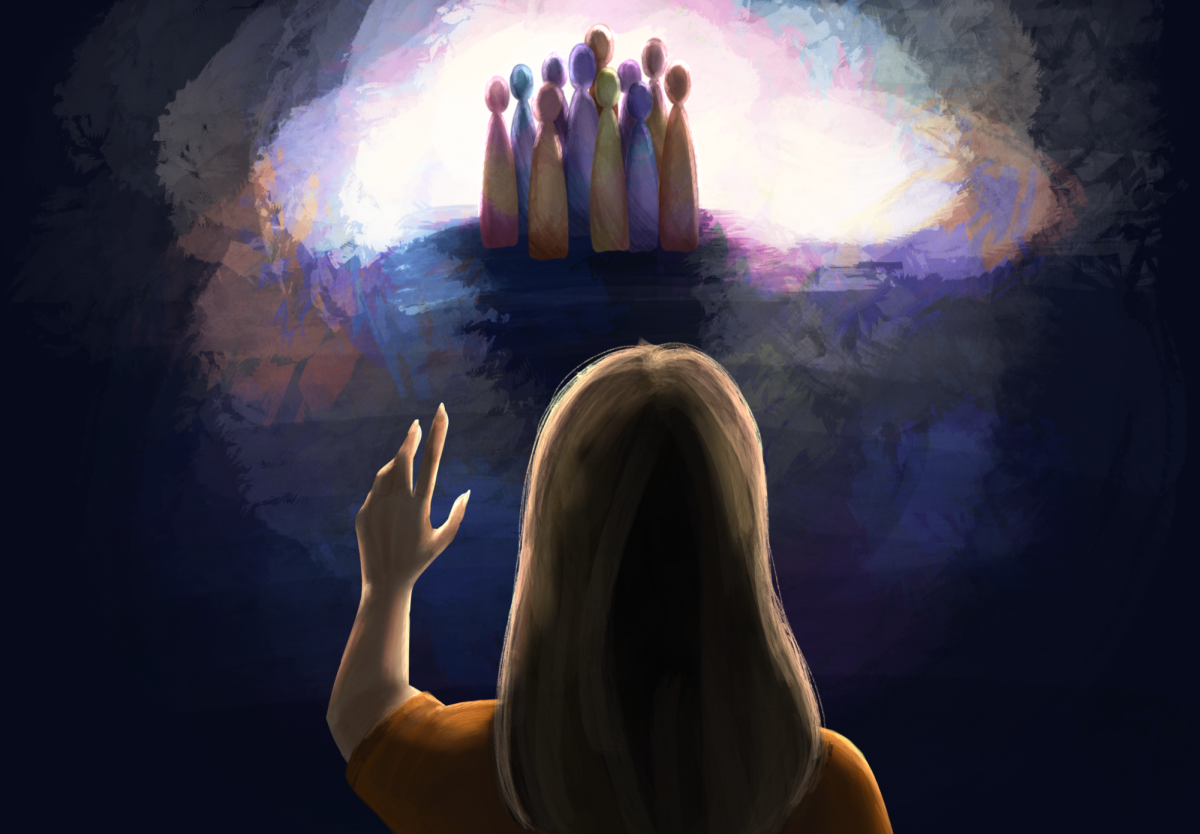Gov. Rick Perry reopened an old front in the war on education in Texas last Friday. Just days after the end of the special legislative session and on the brink of a busy holiday weekend, the governor’s office announced the appointment of Barbara Cargill to the position of chair of the State Board of Education.
Cargill, a current board member from The Woodlands, was a reliable conservative vote during the board’s social studies curriculum revision just more than a year ago. Among other issues, she supported de-emphasizing the role of Hispanics in early Texas history and the role of minority groups in American history more generally.
She also voted for a resolution decrying an alleged “Islamic bias” in several history textbooks, and she led an effort to remove a requirement that the role of gender and social constructs be taught in sociology courses. The veteran science educator has also supported reintroducing a “strengths and weaknesses” component in classroom discussions of evolution.
Cargill is a staunch social conservative, and her voting record indicates that she is ready to impose her views on the children of Texas irrespective of their basis in fact. Omitting the roles of minority groups in Texas and American history ignores aspects of those histories critical to understanding the present. In a state where Hispanics will soon comprise the majority of the population, their culture’s important role in its founding should be emphasized.
Rejecting the study of gender and social roles because it “allows students to go into the world of transvestites, transexuals and God-knows-what else,” as Cargill said, according to The Texas Tribune, is narrow-minded and offensive. In a nation where women continue to be paid less than their male counterparts in a vast array of jobs and where non-heterosexuals face painfully routine discrimination, promoting understanding and tolerance should receive special attention.
And injecting nonscientific theology into biology lessons reeks of an ideological crusade. In a nation where, according to a 2010 Gallup Poll, fully 78 percent of people do not “believe” in evolution, one of biology’s most fundamental principles, undermining it further by touting its imagined weaknesses imperils our future scientific prowess.
Cargill is a culture warrior in every sense of the term. But setting belief above fact does little to promote college readiness or prepare students for the modern workforce.
In appointing Cargill, Perry seems to be sending a number of signals. The timing of her appointment is telling. A group of Senate Democrats had stalled Perry’s previous choice for chair, Gail Lowe, since mid-March. Shortly after the legislative session ended, Perry appointed an arguably more conservative chair. Because the Legislature is no longer meeting, Cargill will not face scrutiny until at least 2013. Already being called one of the most powerful governors in Texas history, Perry’s move here can easily be read as yet another power play.
Second, Perry no doubt has his national image in mind. As rumors continue to swirl around his campaign for the presidency, this move can be seen as an attempt to further solidify his conservative credentials and bolster his perceived ideological purity.
In short, Cargill’s appointment is yet another piece of evidence that Perry is willing to sacrifice responsible governance on the altar of his public image. It is remarkably unfortunate that his political posturing continues to come at the expense of public education.
The end of the legislative session left Texas schools significantly underfunded. In the name of adherence to conservative principles, even the proposal of Rep. Donna Howard, D-Round Rock, that any Rainy Day Fund revenue raised in excess of current projections be used to make up the public school funding shortfall was rejected. Perry was one of the most vocal opponents of her amendment.
The end of the session also left higher education wanting. The lack of state financial support has prompted the ongoing debate about the “efficiency” of our universities. Their future intellectual and administrative independence remains seriously questionable. Again, Perry has been one of their most vociferous critics.
Signaling a willingness to support another ideological Board of Education represents an attack on education from yet another angle. And it risks another embarrassing round of national media condemnation.
But more importantly, allowing political ideology to color education requirements is not compatible with freedom of thought or with intellectual honesty. Texas is a large state with a rapidly growing number of students. Successfully educating future Texans, both as workers and as responsible, free-thinking citizens requires that fact, not belief, and certainly not wishful thinking, be the determinant of our state’s curriculum.
A functioning republic requires that its citizens be educated responsibly. The state and the governor should take their crucial roles in ensuring that this happens very seriously. As voting citizens, we should, too. Perhaps a little grandstanding is acceptable when railing against overly intrusive airport security procedures, but education is far too important to be made into a political plaything.




















